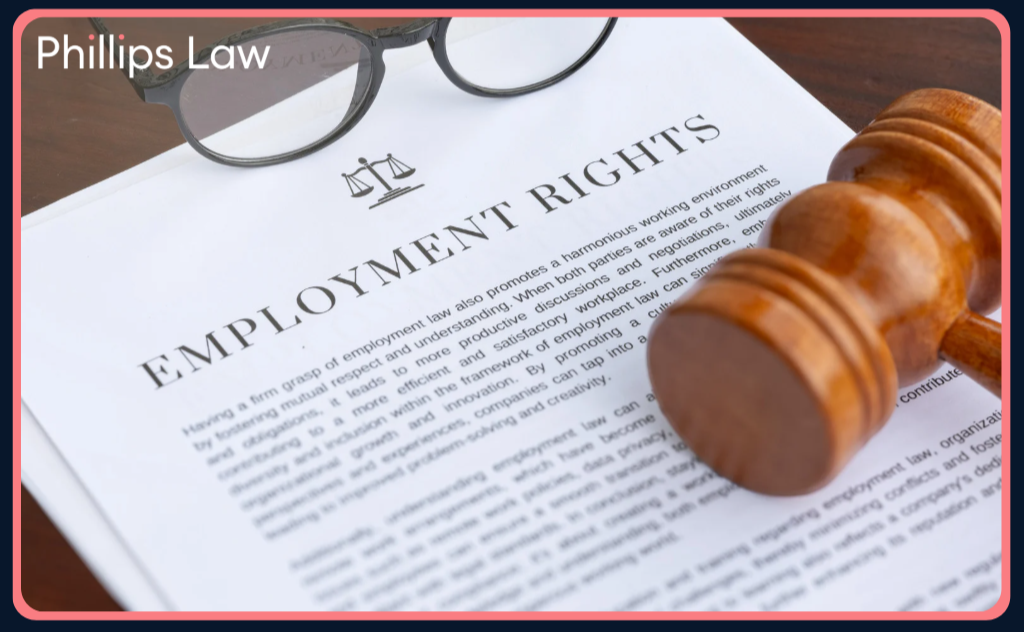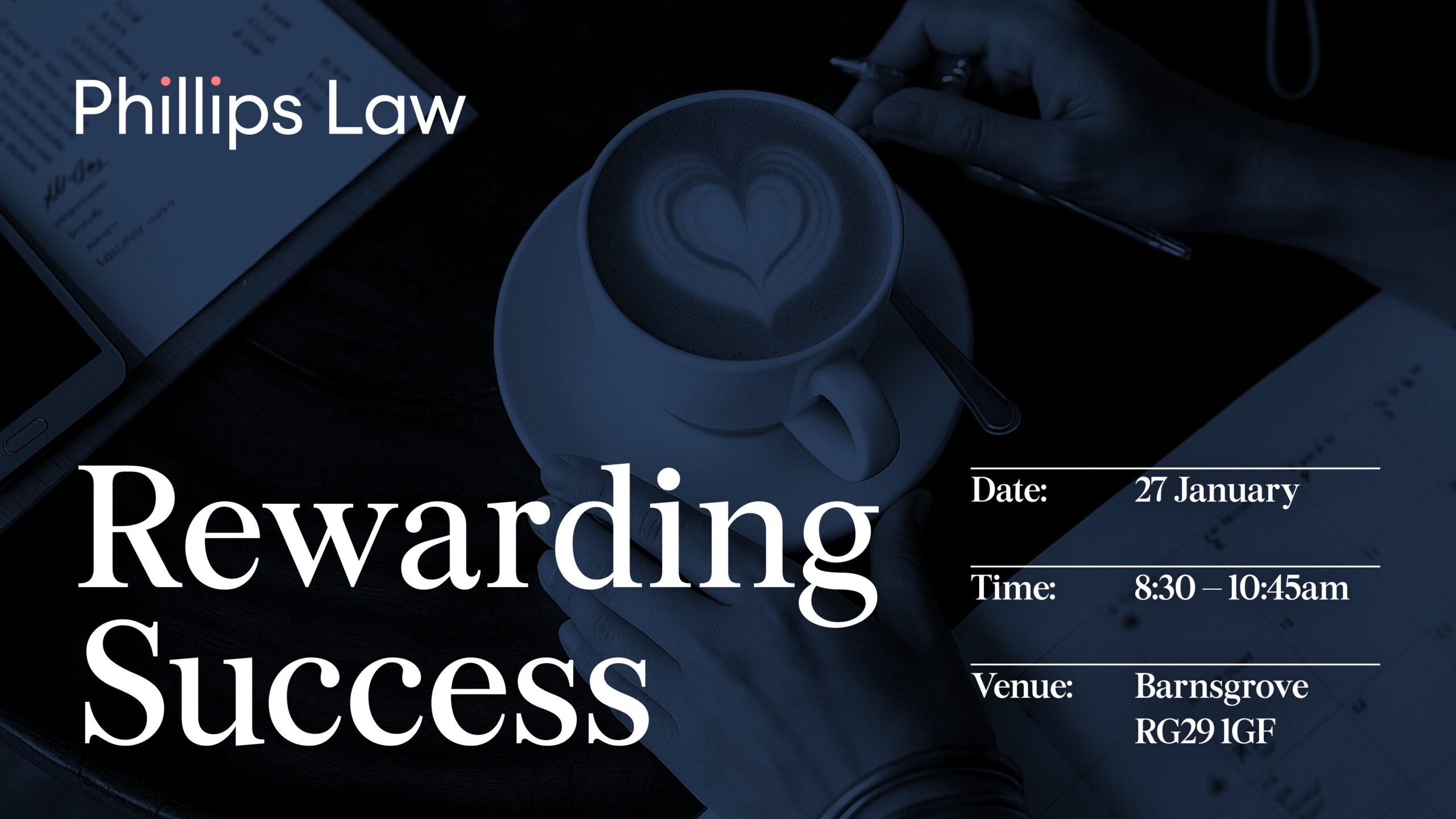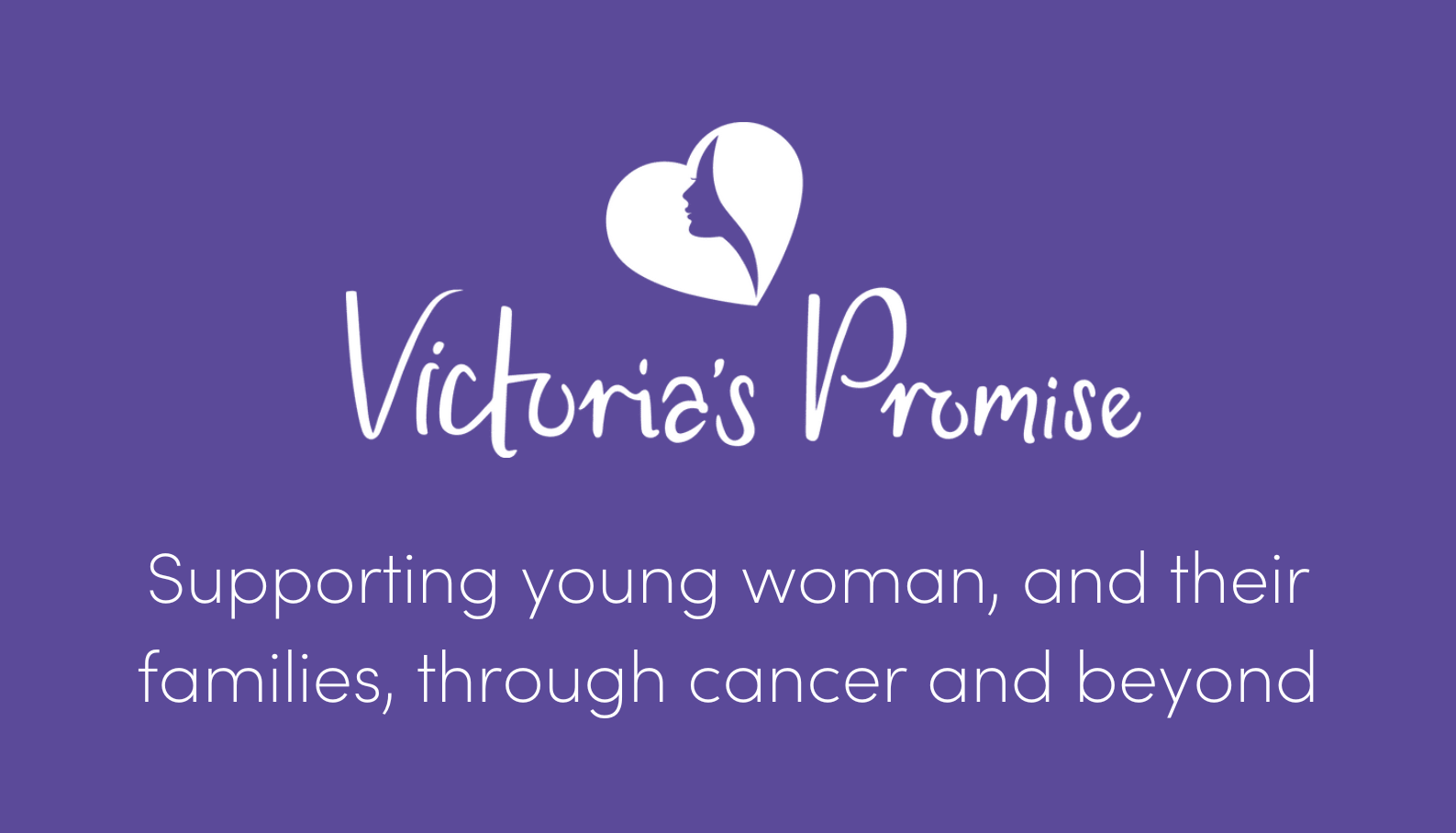
21 August 2023
In a world that is increasingly interconnected and diverse, the importance of diversity and equality in the workplace cannot be overstated. With the United Kingdom’s commitment to promoting fair treatment and inclusivity, understanding the legal implications of diversity and equality training is crucial for both employees and employers. In this article, we’ll delve into the significance of diversity and equality training under English law and shed light on why it’s not just a box-ticking exercise, but a fundamental aspect of fostering a harmonious and thriving work environment.
The Legal Landscape: Equality Act 2010
At the heart of promoting diversity and equality in the workplace lies the Equality Act 2010. This landmark legislation prohibits discrimination on the grounds of age, disability, gender reassignment, marriage and civil partnership, pregnancy and maternity, race, religion or belief, sex, and sexual orientation. Not only does this Act place a legal obligation on employers to prevent discrimination and harassment, but it also mandates them to take proactive measures to promote diversity and equality.
One of the significant ways employers can fulfil this obligation is by providing regular diversity and equality training to their staff. But what exactly does this training entail?
Diversity and Equality Training: A Deeper Look
Diversity and equality training goes beyond mere compliance with legal requirements. It serves as a tool to raise awareness, challenge biases, and transform workplace cultures. By engaging employees in open discussions about unconscious biases, stereotyping, and cultural differences, this training helps create a more inclusive and respectful environment.
Training sessions often cover a range of topics, including:
- Understanding Discrimination: Recognising the different forms of discrimination, from direct to indirect, and understanding their impact on individuals and teams.
- Unconscious Bias: Exploring how unconscious biases can influence decision-making and hinder diversity in hiring, promotions, and day-to-day interactions.
- Harassment Prevention: Highlighting what constitutes harassment and the importance of maintaining a safe and respectful workplace for everyone.
- Cultural Sensitivity: Addressing cultural differences and fostering an environment of respect and appreciation for diverse backgrounds.
- Inclusive Language: Encouraging the use of language that is respectful and inclusive, avoiding derogatory or offensive terms.
- Creating Bonds: Encouraging employees to be allies and advocates for colleagues who may face discrimination or inequality.
Why Should Employers Prioritise Diversity and Equality Training?
Beyond legal compliance, there are compelling reasons for employers to prioritize diversity and equality training:
- Enhanced Productivity: An inclusive workplace encourages creativity, collaboration, and innovation, leading to increased productivity and better problem-solving.
- Talent Attraction and Retention: A diverse workforce attracts a broader pool of talent, while an inclusive environment enhances employee satisfaction and reduces turnover.
- Positive Reputation: Companies known for their commitment to diversity and equality often enjoy a more positive reputation in the marketplace.
- Legal Protection: Adequate training can protect employers from potential legal claims arising from discrimination or harassment incidents.
Take Action
If you’re unsure about where to begin or how to implement effective diversity and equality training, consider engaging the expertise of Phillips Law’s Employment Team. Our experienced professionals can guide you through the legal requirements, tailor training programs to your organisation’s needs, and help you build an inclusive workplace culture.
Remember, diversity and equality training is not a one-time event, but an ongoing commitment to fostering a respectful and inclusive work environment. By working together, we can create workplaces that celebrate individuality, drive innovation, and contribute positively to society.
So, ask yourself: When did you last do your diversity and equality training? If it’s been a while, there’s no better time than now to take the first step towards a more inclusive workplace.
Contact Phillips Law’s Employment Team today and embark on the journey to a more diverse and equitable future.
Call all us for an initial discussion on 01256 854605 or Gill Brown at [email protected].
Contact Us
Please call us or email and we’ll get back to you as soon as possible.

We are delighted to announce that Phillips Law is the regional sponsor of the Knight Frank Schools Triathlon, supporting both the Charterhouse and Marlborough events. The Schools Triath ...
More
What farming families and business owners need to know If you own a farm, land, or a family business, you will have undoubtedly heard that inheritance tax (IHT) rules are changing. Whil ...
More
We are about to see a great wave of Employment Law changes following the Employment Rights Act 2025 becoming law in December. We will use these updates to keep you abreast of the change ...
More
As we look back on a busy and notable January at Phillips Law, we wanted to share a round-up of recent milestones, insights, and community moments from across the firm. Phillips Law cel ...
More
A guide to share incentivisation for employers and an update on the new employment rights. We have created a morning of practical insight that focuses on how you can reward and retain y ...
More
We are proud to announce Victoria’s Promise as Phillips Law’s Charity of the Year for 2026. Victoria’s Promise is a local charity providing dedicated support to young women aged 25 to 5 ...
More